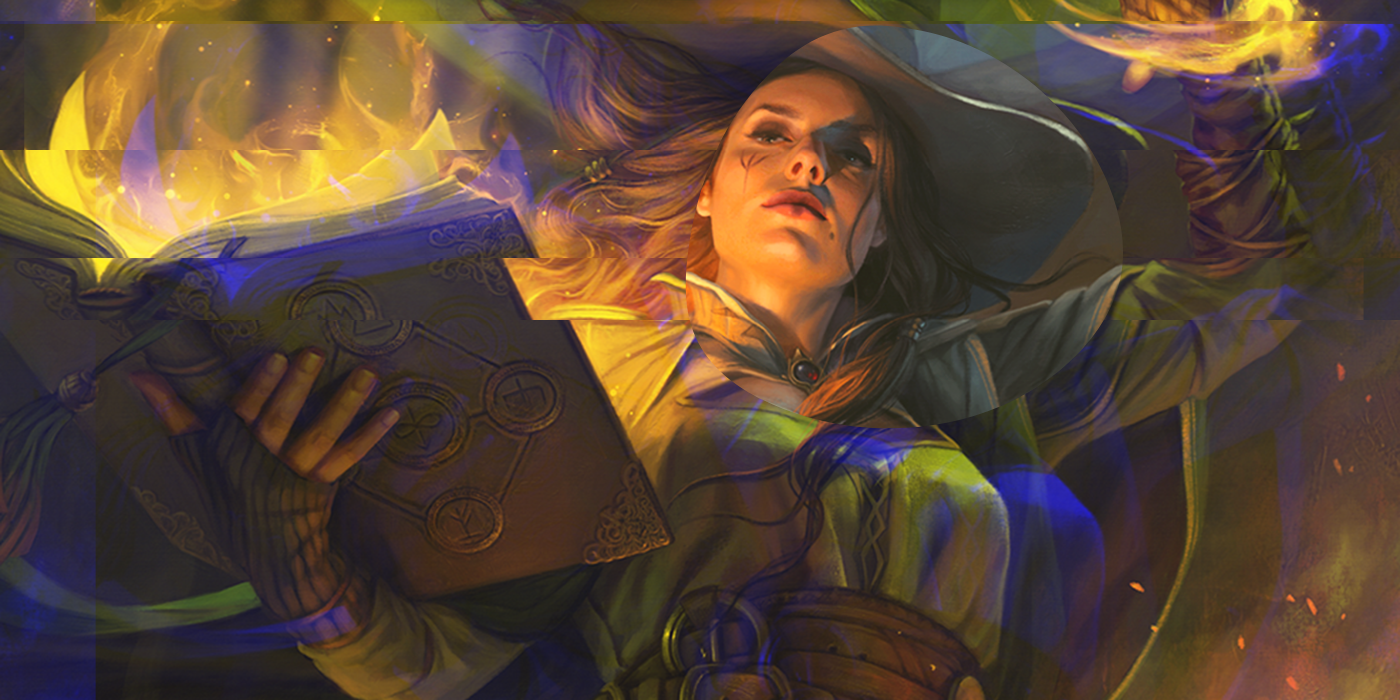Picking the right spells in Dungeons & Dragons can be difficult, and that is doubly true for newer players who may have a difficult time anticipating what will and won't be useful later on in the game. Whether you're playing as a spellcaster who constantly depends on magic or a martial class that has precious few spells available to choose from, it can be challenging to make the right choices. Almost every spell has its use, after all, so how do you know which spells will be more useful than others?
While there are certain spells and cantrips that are obviously better to take or ignore entirely, with how many spells there are in the game, it's important to understand the general principles of what makes one better or worse so you can decide for yourself what to have handy. Every character is different, and by knowing what to look for, a player can make the right choices to get the most out of their spellbook.
Almost any spell could be useful in some scenario, meaning it's easy to be overwhelmed by the possibilities. However, since they are such valuable resources, they shouldn't be wasted. Some situations come up more often than others, and the restrictions on a spell define just how versatile it can be.
Many players are tempted to jump straight to the spell description, seeing what it can do and imagining how the caster can use it. However, jumping past all of the nitty gritty details to a spell -- like its casting time, duration and components -- means missing the parameters that either make a spell incredibly useful or pitifully useless. Make sure to review the entirety of the spell, imagining how it would be used in practice and determining if it would be practical.
Some spells have a casting time of one minute or more, making them altogether useless in combat where a turn only lasts six seconds. Most spells require an Action to cast, and for certain effects like True Strike or Cure Wounds, this is a waste during combat when simply attacking or using a potion are better uses of an Action. Spells utilizing a Bonus Action (or even Reaction) like Healing Word or Shield are far more valuable, as they allow characters to get the most out of their turn by freeing up their Action for other options like Disengaging or Hiding.
Range is absolutely crucial for spellcasters with little armor, and there's no better defense than avoiding an attack altogether. Spells like Poison Spray or Witch Bolt have such pitifully small ranges that are well within the speed of most creatures, which means getting close enough to use them necessitates making a caster vulnerable. Even easier to miss are the concentration or material requirements of a spell. Since concentration spells require the caster's full attention to maintain, a player can't conduct two simultaneously. Also, if a spell consumes a material component, they flat out can't cast it at all unless they have the specific item on hand.
Put simply, bad spells are ones which players can rarely use or which are costly when used. Action economy, concentration and material should be treated as valuable and finite resources to be utilized as efficiently as possible. A spellcaster bogged down by several concentration spells that can't be used at the same time or forced into a range where they are constantly vulnerable to attack is a spellcaster who simply isn't doing their best in combat. By paying attention to a spell's requirements, you understand what it's truly capable of. Ignore them, and your spellbook may end up being no more valuable than a particularly costly paper weight.



